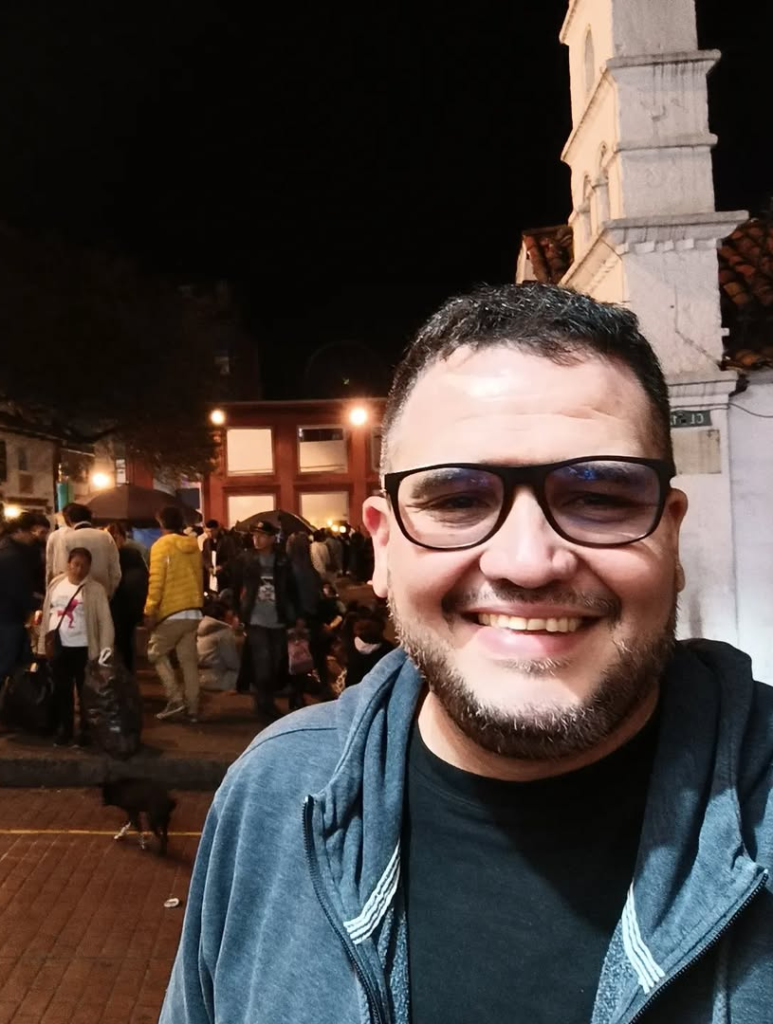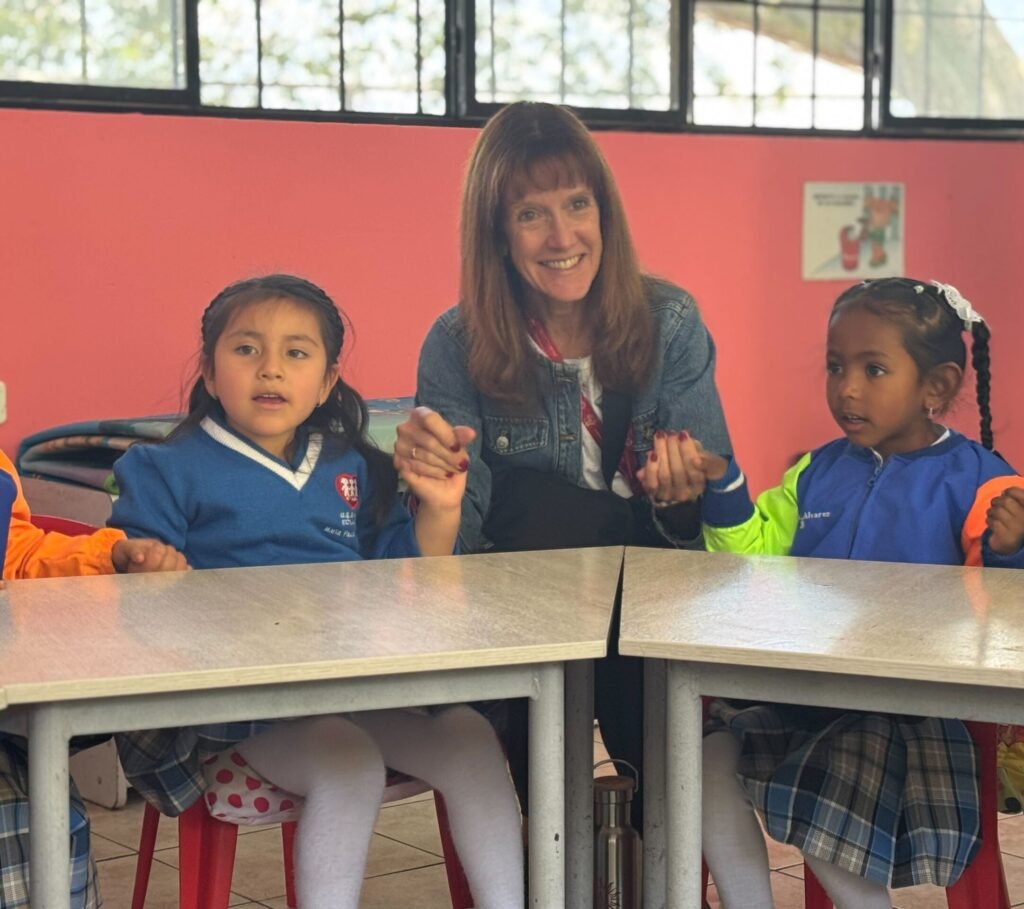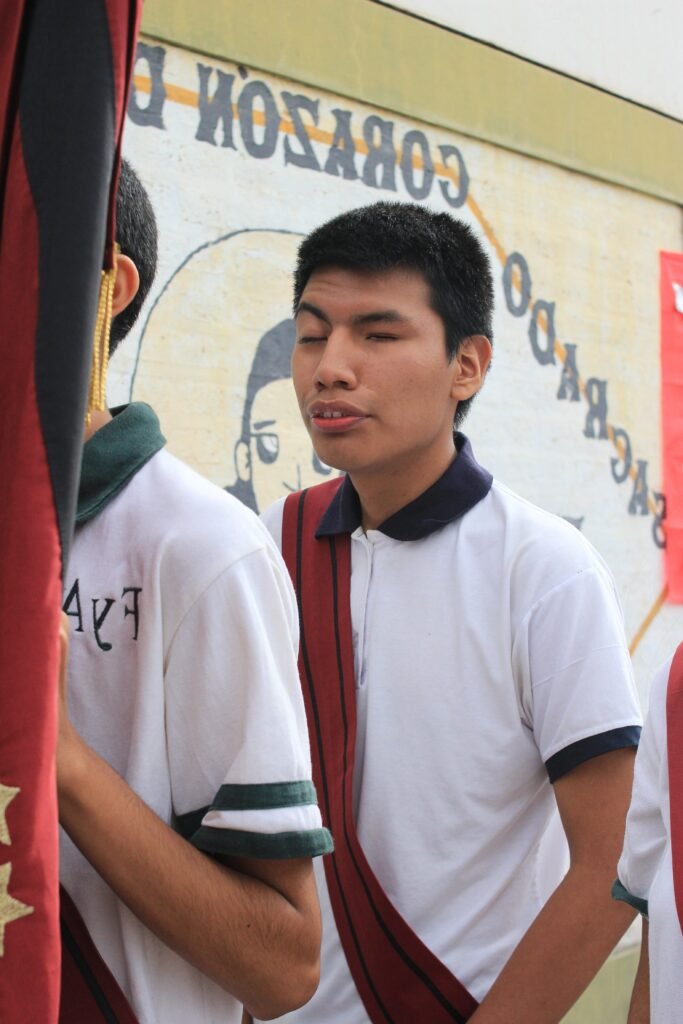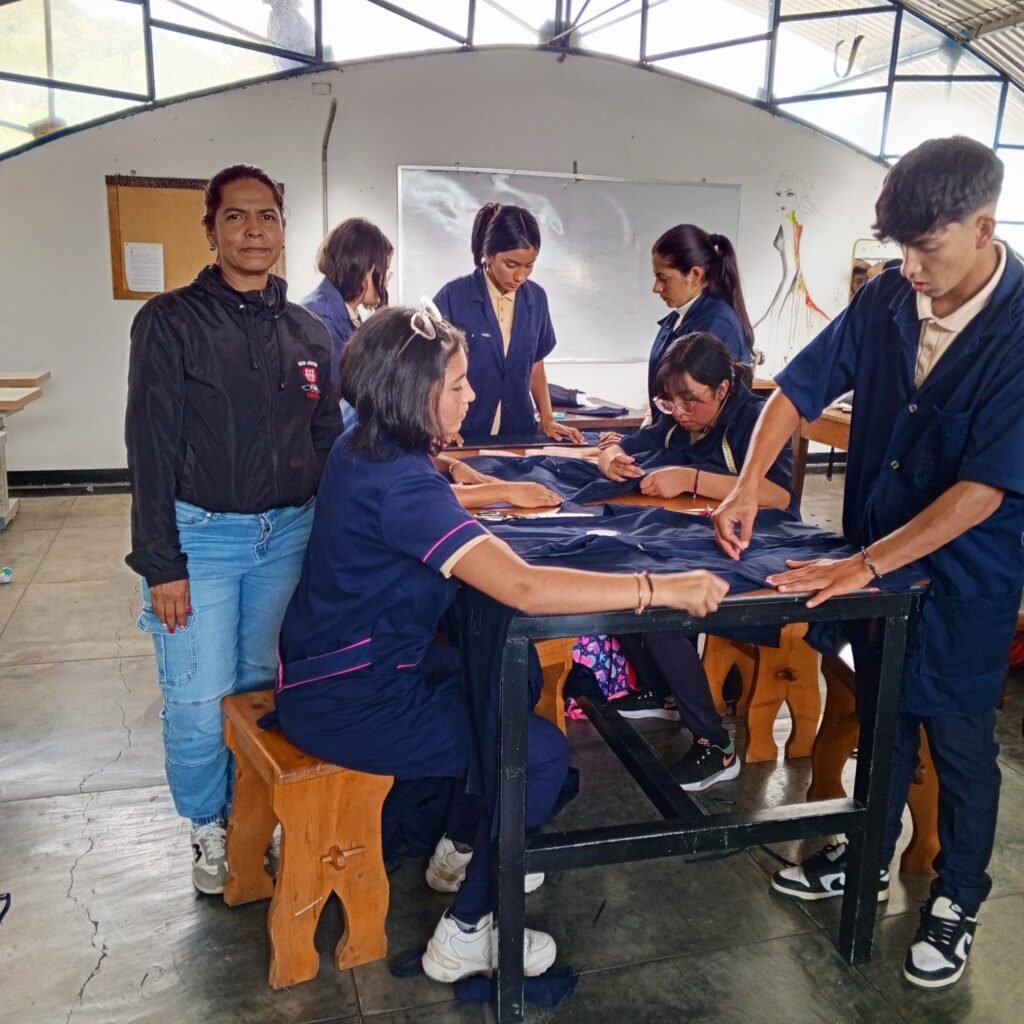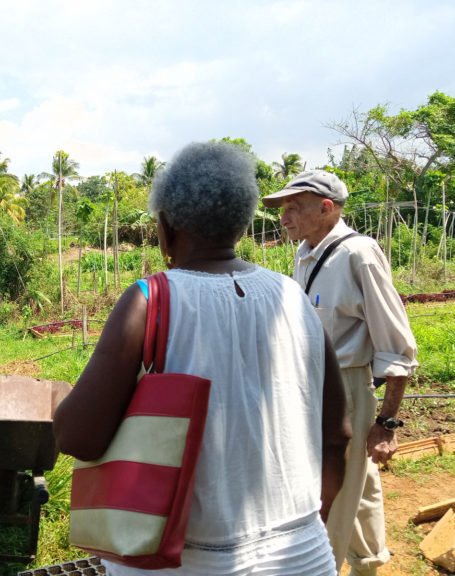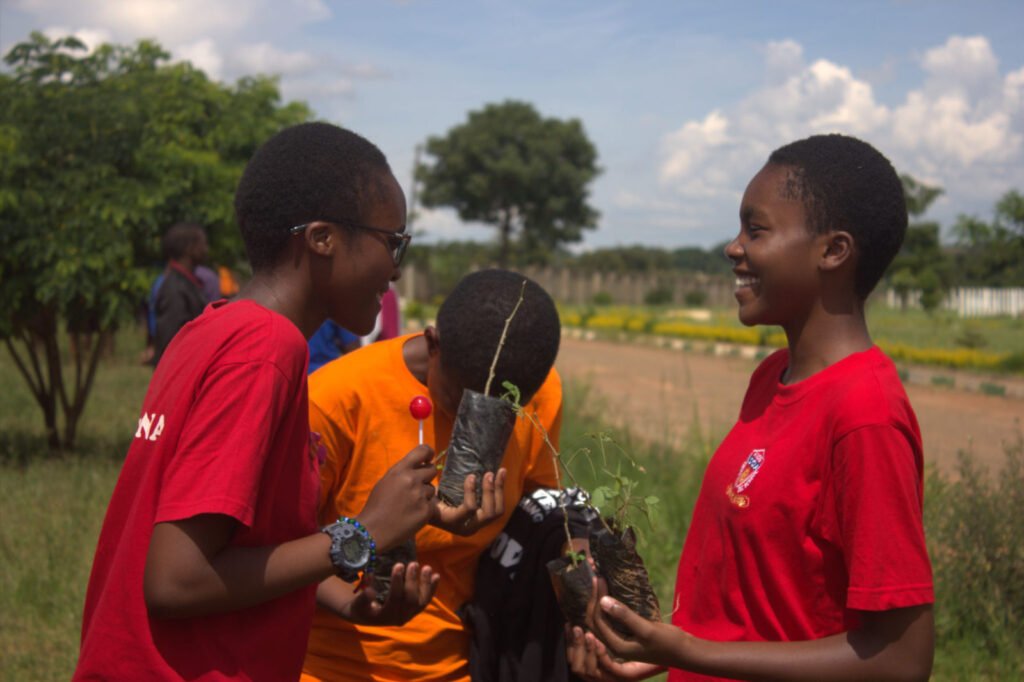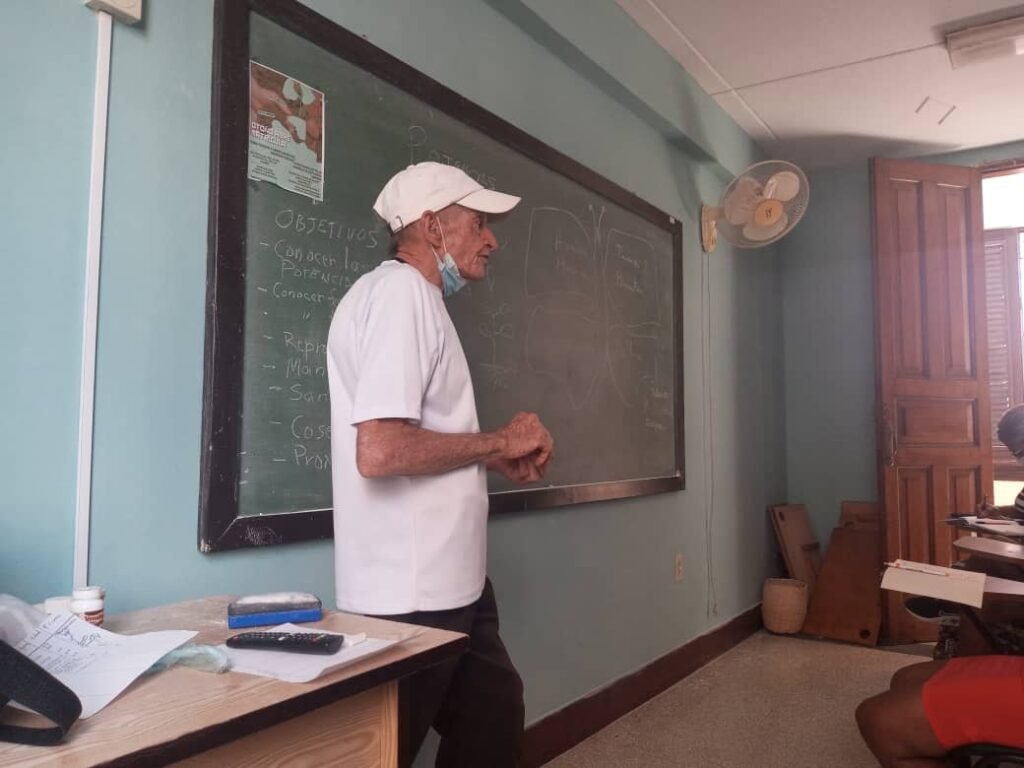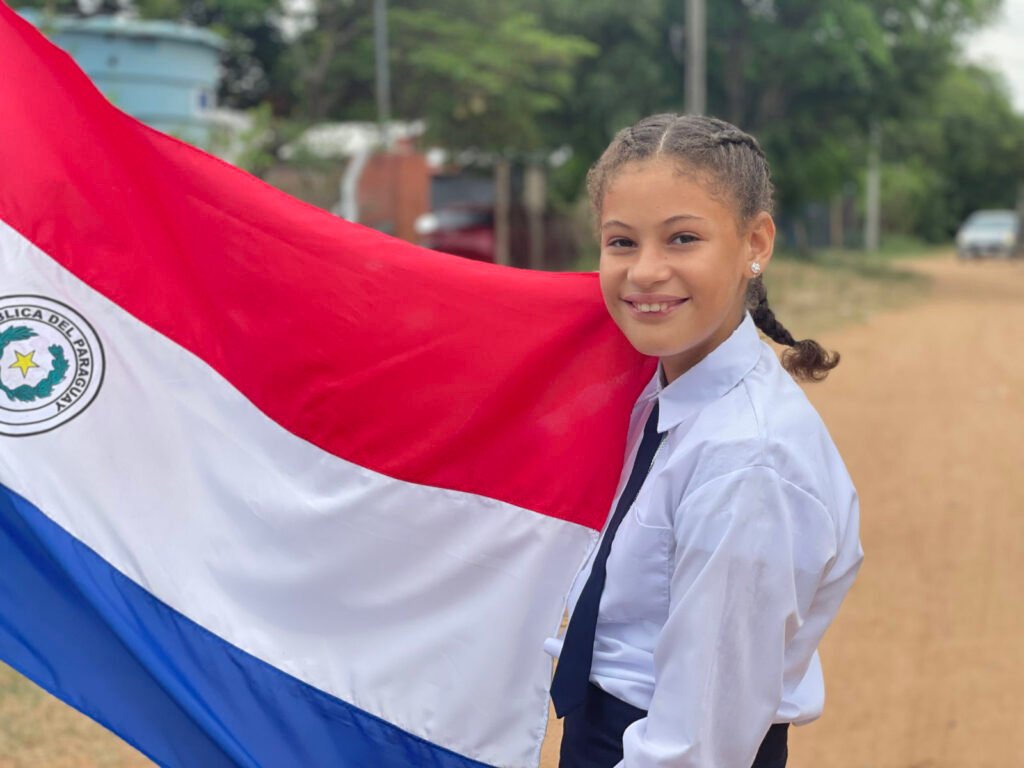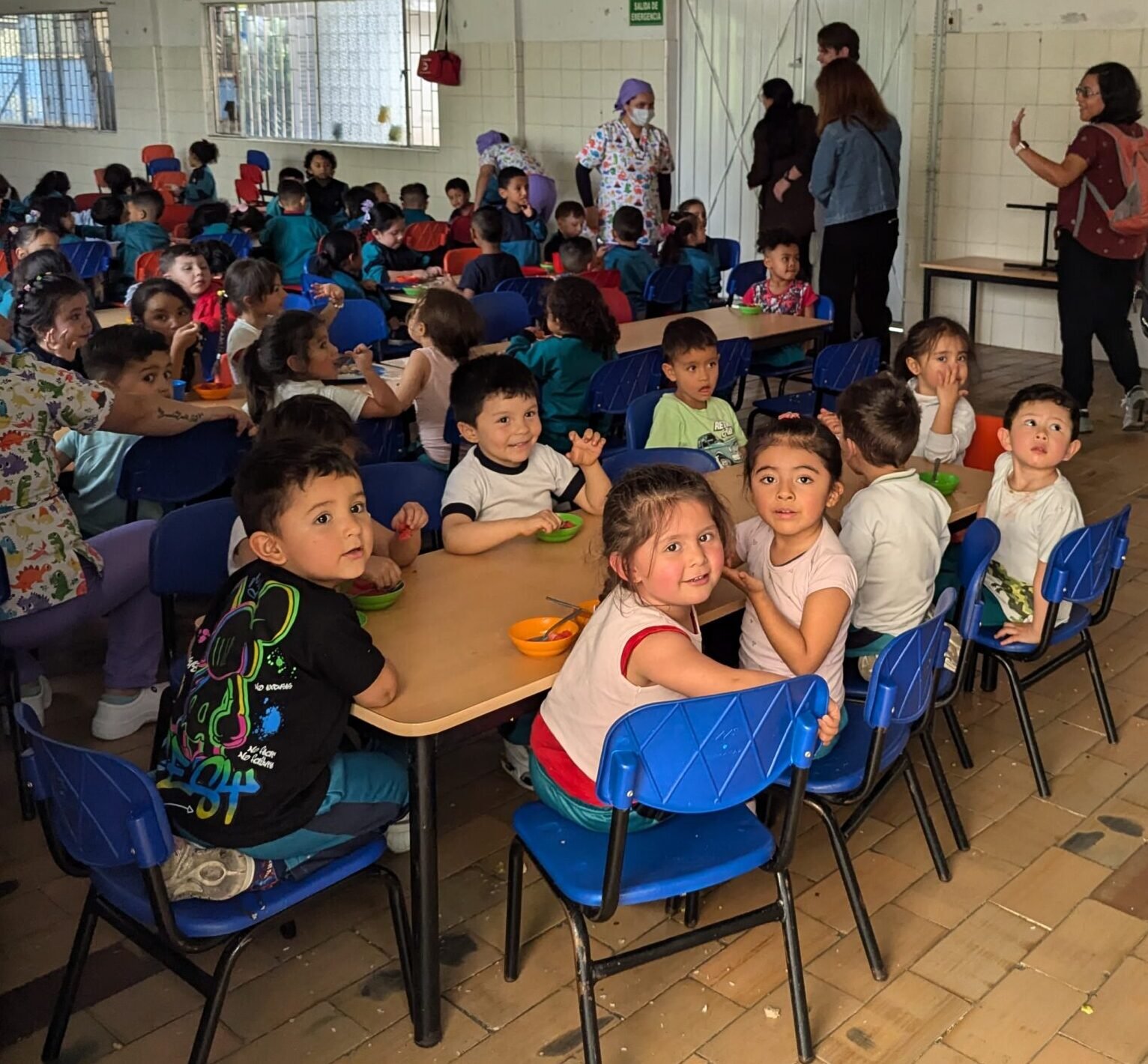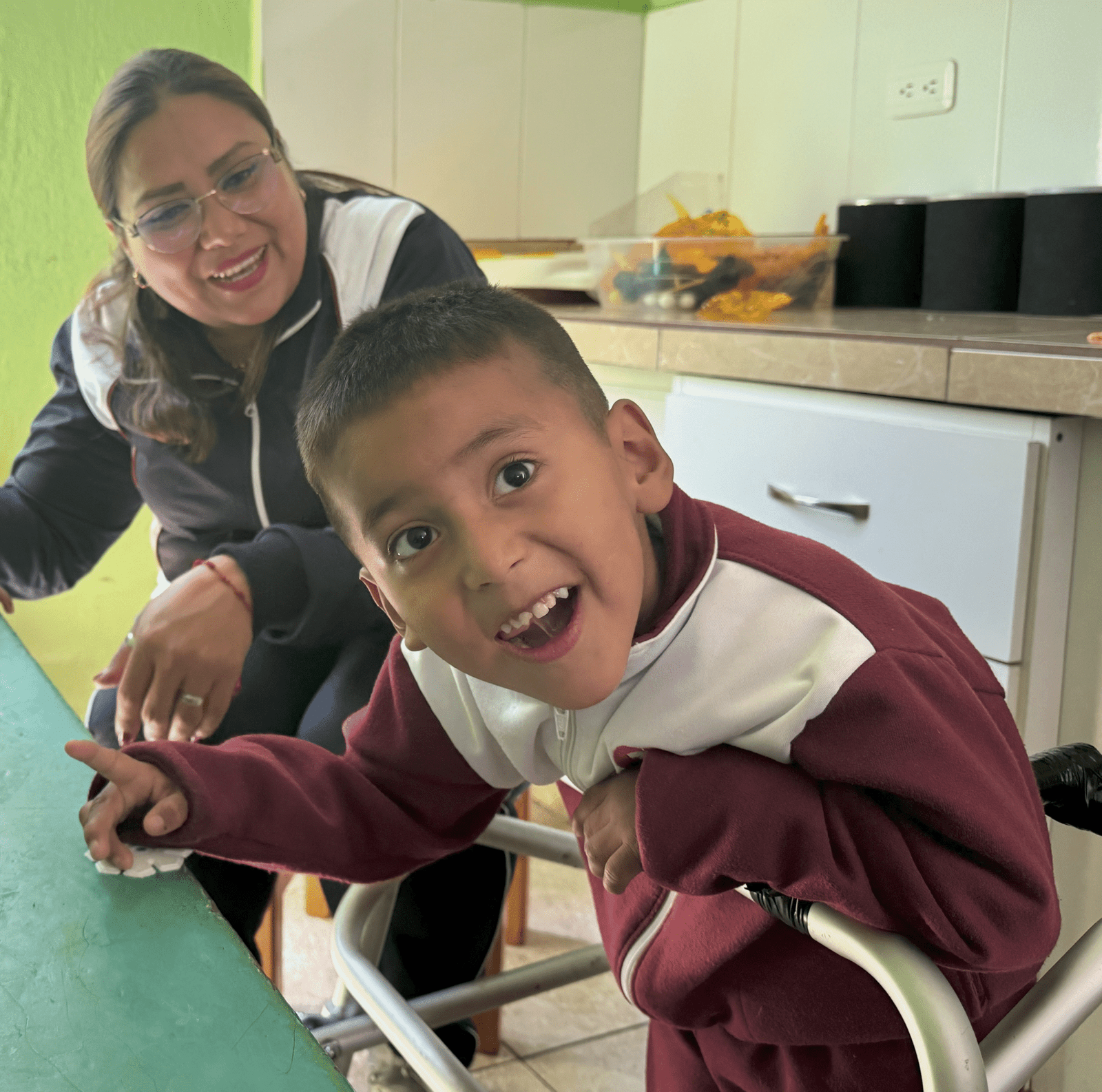Context
Cuba is in the midst of a deepening economic and social crisis. Soaring inflation, persistent power outages, and widespread shortages of fuel and basic goods have made daily life increasingly difficult—especially for families, seniors, and previously marginalized or impoverished individuals. The 2021 monetary reordering policy promised to improve the purchasing power of Cubans, but it failed to do so. Since no alternative has been proposed, the policy continues to fuel severe inflation and currency devaluation, plunging countless families into economic hardship. With the average monthly salary now equivalent to just $11 USD, many Cubans are facing levels of poverty not seen in decades.
The emotional toll of economic instability, inadequate housing, and family separation is growing, as is the need for psychological support. The Loyola Centers across the country have long served as trusted spaces for personal development and community building. But today, even these spaces are under pressure. Staff migration and burnout have made it harder to meet rising demand. This project responds to that challenge—by expanding access to mental health support and strengthening the capacity of Loyola Centers to accompany Cuban communities through this difficult time.
About The Loyola Centers in Cuba
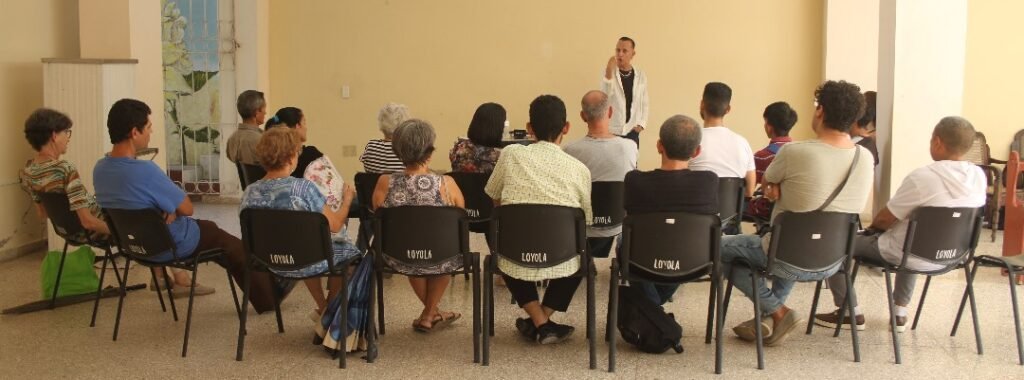
The Red de Centros Loyola (the Loyola Center Network, in English) is a network of community centers established by the Jesuits to promote popular education in Cuba. These centers are essential community spaces where individuals build bridges and seek new forms of dialogue and social connection between faith and society.
One of the network’s fundamental purposes is to have a direct impact in marginalized communities, providing support and accompaniment to those who suffer from systemic barriers and experience daily social and economic vulnerability. Each center offers different levels of expertise based on its resources. Their classes put the individual at the center of the learning process, giving each participant an active role in shaping their reality.
Our Project
The Loyola Centers Network continues to be a vital source of stability and hope for Cuban families. In the face of rising hardship, the “Strengthening the Network of Loyola Centers” is a multi-phase effort to ensure the centers can continue their important work and provide emotional and psychological support in their communities.
Building on the success of the first two phases of this initiative, the current project aims to sustain and expand the Family Orientation Program across six Loyola Centers, directly benefiting 825 individuals and an estimated 3,000 indirect beneficiaries.
The Family Orientation Program addresses the psychosocial and socioeconomic challenges facing vulnerable communities across Cuba. With an emphasis on holistic well-being, the project enhances mental health services, strengthens community support systems, and promotes staff retention to ensure the continuity of the Loyola Centers’ work. The program’s integrated approach combines psychological support, family counseling, and capacity-building workshops to strengthen resilience among individuals and families.
Since its inception, the Family Orientation Program has reached more than 900 people across Cuba through workshops, one-on-one sessions, and targeted support for those most at risk. This new phase will directly benefit 600 individuals—75% of whom will be female—including children, teenagers, adults, and seniors from vulnerable communities. At the same time, the project will support the retention of 225 staff members from the Loyola Centers—essential for the sustainability of all ongoing activities.
Impact of Emigration from Cuba
The desperate situation in Cuba has led to increasing emigration. In 2022 alone, more than 220,000 Cubans migrated to the United States, more than during the Mariel boatlift and the 1994 balsero crisis combined. Some researchers project that as many as 1.79 million Cubans have emigrated from 2021 to 2024 and the decreasing birth rate also contributes to a dramatic drop in population in recent years. Those who are left behind are often the most vulnerable populations, with little or no resources, such as seniors.
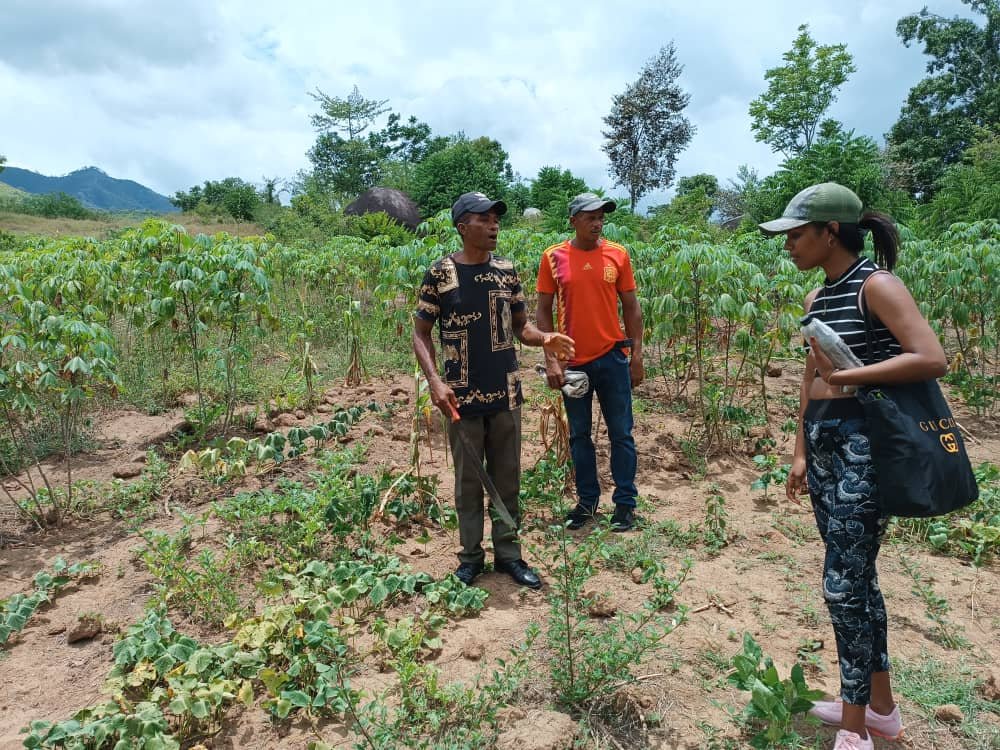
The scale of this exodus is reshaping Cuban society, leaving families divided and communities under strain. Despite this stark reality, the Jesuits remain committed to accompanying the individuals and families who have either chosen to remain in Cuba or have no opportunities to seek brighter futures elsewhere. Furthermore, the Jesuits and lay staff of the Loyola Centers firmly believe that these individuals are not just passive actors. Through social programs and accompaniment, they too can become protagonists in their own lives and in their communities.
How It Works
This project will be implemented across six Loyola Centers located in the provinces of Havana, Cienfuegos, Camagüey, and Santiago de Cuba. These include Reina, San Miguel del Padrón, and Diezmero in Havana, as well as the Centers in Cienfuegos, Camagüey, and Santiago de Cuba.
The Centers will collectively serve 600 individuals (450 female and 150 male), including children, teenagers, adults, and seniors from vulnerable communities. Additionally, 225 Loyola Center staff will benefit from these services.
The project is intentionally inclusive. Anyone in need of psychological counseling services is eligible to participate—regardless of gender, age, race, ethnicity, beliefs, religion, ability, or other personal characteristics. This approach reflects a commitment to providing accessible psychological care in a context where mental health services are severely limited.
The program will be supported by a qualified team of psychologists capable of addressing the diverse needs of individuals across all age groups. When necessary, cases requiring specialized tests, assessments, or more intensive intervention will be referred to public health institutions through existing relationships with specialists, ensuring appropriate care.
Psychological counseling is an integral part of the Loyola Centers’ broader programming. Participants are often referred to the psychological counseling from other programs at the Centers making this service an informal meeting point for many other initiatives. The project will also support the establishment of a strong internal network of professionals offering this service, grounded in Ignatian spirituality, peer support, and formation. This network will empower teams to face the challenging realities of life in Cuba with strength, compassion, and commitment.
In Their Own Words
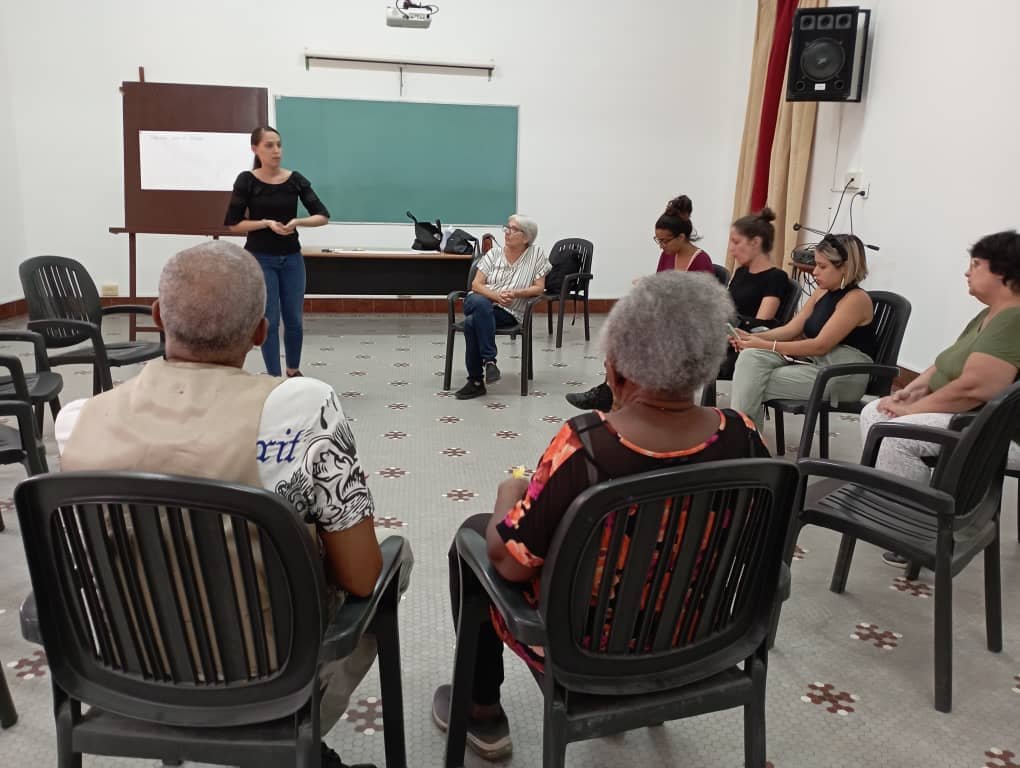
“Participating in this project has been for me the possibility of a change in life. A small change, as those related to our inner lives usually are, but which at the same time are very big. I can say that the work of this activity is among the most valuable among the projects.”
Angel
Family Psychological Counseling Participant

